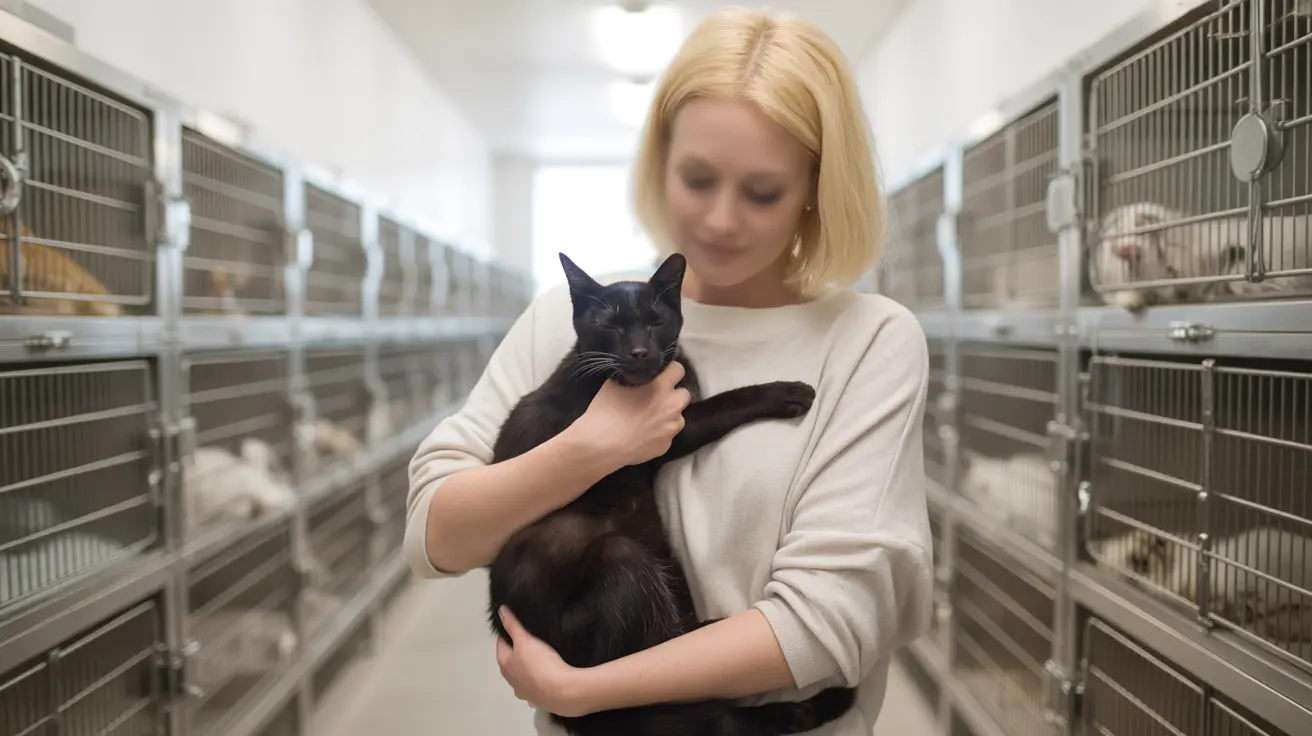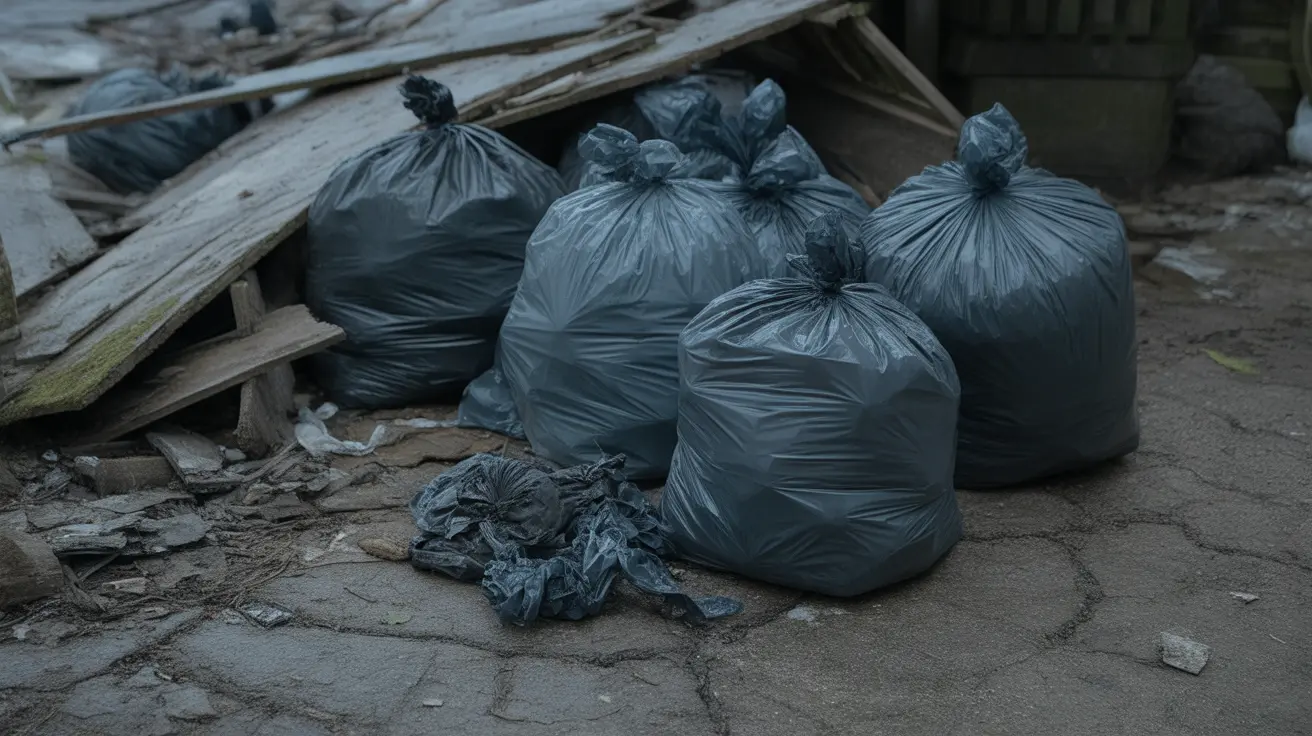What Is the Most Toxic Thing for Dogs to Eat?
While dogs can be naturally curious and eager to share in human food, not everything we consume is safe for our furry companions. One particularly dangerous group of foods for dogs includes certain types of nuts—specifically black walnuts and moldy walnuts. These can contain harmful substances and pose significant health threats when ingested by dogs.
Why Are Walnuts Dangerous for Dogs?
Walnuts—especially when moldy or of the black walnut variety—pose several health risks to dogs:
- Choking and blockage: Walnuts are large and not easy to digest. For small and medium-sized dogs, they can cause choking or even intestinal obstruction.
- Gastrointestinal upset: Even English walnuts commonly found in stores can lead to vomiting, diarrhea, or lethargy.
- High fat content: Walnuts are high in fats, putting dogs at risk for pancreatitis or gastroenteritis when consumed in large amounts.
Black Walnut Toxicity
Black walnuts (Juglans nigra) are native to North America and are particularly toxic to dogs. They contain a substance called juglone, a compound that can lead to adverse gastrointestinal and neurological symptoms in canines.
Symptoms of black walnut toxicity include:
- Vomiting and diarrhea
- Muscle tremors
- Seizures
- Loss of coordination or weakness
- Lethargy and loss of appetite
If a dog ingests a black walnut or shows any of these signs, immediate veterinary attention is crucial to prevent severe outcomes or death.
Moldy Walnuts and Mycotoxins
Mold growing on walnuts can contain mycotoxins, such as penitrem A and aflatoxins. These fungi are extremely toxic to dogs and can develop at any stage—during growth, collection, processing, or storage.
Potential symptoms from mycotoxin poisoning include:
- Seizures and tremors
- Excessive drooling
- Muscle weakness
- Abdominal pain
- Coma or death if untreated
Whether shelled or unshelled, any contaminated walnut can be fatal. It is essential for dog owners to avoid feeding walnuts entirely and to monitor outdoor areas where walnut trees may drop nuts.
Walnut Shells: A Hidden Danger
Besides the toxic meat of the nut itself, walnut shells pose another hazard. If ingested, they can become lodged in a dog’s digestive tract, causing painful blockages that often require surgical intervention. Symptoms of an intestinal obstruction include:
- Inability to defecate
- Abdominal swelling and pain
- Vomiting
- Lethargy and refusal to eat
Other Nuts to Watch Out For
Some nuts are less toxic but still risky:
- Macadamia nuts: Highly toxic even in small amounts. Can cause vomiting, hyperthermia, tremors, and seizures.
- Pistachios and Brazil nuts: Not toxic but high in fat and salt, risking obesity, pancreatitis, and dehydration.
- Almonds, peanuts, hazelnuts, cashews: Non-toxic but must be given in moderation and without salt or shells. Still pose choking hazards.
Safer Snack Alternatives
Rather than offering nuts, choose safer foods:
- Cooked plain meats (chicken, turkey, beef) with no seasoning
- Dog-specific treats designed for canine digestion
- Fruits and vegetables like carrots, apples, and blueberries in moderation
What to Do If Your Dog Eats Walnuts
If your dog has ingested any walnut—especially a moldy or black walnut—immediate monitoring and action are vital.
- Check for symptoms like tremors, vomiting, or weakness
- Do NOT attempt home treatments unless advised by a vet
- Call your veterinarian immediately
- Provide the vet with information on the type and amount consumed
Preventive Measures
- Keep all nuts out of your dog’s reach
- Supervise dogs closely if walnut trees are present nearby
- Never allow dogs to consume food scraps containing nuts or nut shells
- Store nuts in airtight containers, well out of pets’ reach
Conclusion
Black walnuts and moldy walnuts pose serious and sometimes fatal risks to dogs due to the presence of juglone and toxic mycotoxins. While other safer nuts may be consumed in moderation, it is generally best to avoid nuts entirely when it comes to dog treats. Stay vigilant about what your dog eats and consult a veterinarian immediately if ingestion occurs. Prioritize dog-safe treats and foods to maintain your pet’s health and avoid emergencies.





